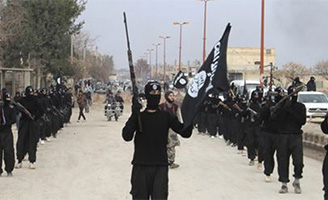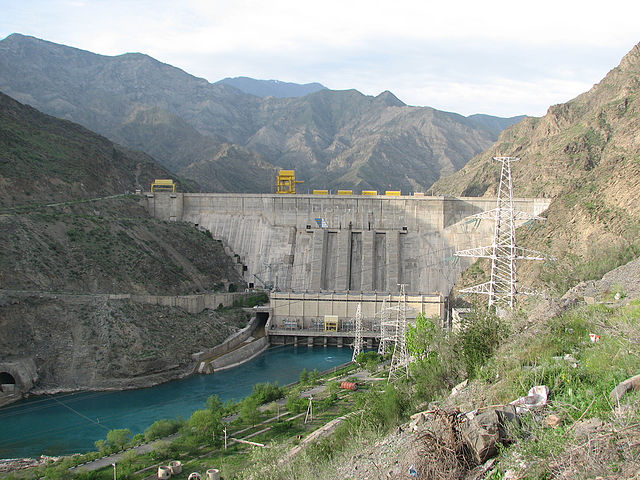The Prospects of IS in Afghanistan
By Sudha Ramachandran (04/01/2015 issue of the CACI Analyst)
The reported eastward expansion of the Islamic State (IS) into South Asia has set alarm bells ringing as it is expected to inflame the already volatile situation in Afghanistan and Pakistan. There are serious differences between the IS and the Taliban and the latter will put up a strong challenge to the growth of IS in Afghanistan. A sharp increase in violence in the strife-torn country can be expected as the Taliban and the IS battle for Afghan hearts, minds and territory. Importantly, the entry of IS into Afghanistan will impact the peace process.

CACI Analyst, March 3, 2015
CACI Analyst, March 4, 2015 (.pdf)
Contents
Analytical Articles
KAZAKHSTAN AND THE EEU, by Dmitry Shlapentokh
U.S. NEW SILK ROAD INITIATIVE NEEDS URGENT RENEWAL, by Richard Weitz
IS “TURKISH STREAM” A SERIOUS THREAT TO THE TRANS-CASPIAN PIPELINE?, by Juraj Beskid, Tomáš Baranec
CASA-1,000 – HIGH VOLTAGE IN CENTRAL ASIA, by Franz J. Marty
Field Reports
KYRGYZSTAN’S RESIGNED PROSECUTOR-GENERAL GIVES WORRYING PRESS CONFERENCE, by Arslan Sabyrbekov
MOSCOW PLEDGES TO COUNTERACT GEORGIA’S INTEGRATION WITH NATO, by Eka Janashia
ARMENIA TOUGHENS ITS STANCE AGAINST TURKEY, by Erik Davtyan
FOREIGN MINISTERS OF TURKEY, AZERBAIJAN AND TURKMENISTAN DISCUSS ENERGY AND TRANSPORTATION IN ASHGABAT, by Tavus Rejepova
U.S. New Silk Road Initiative Needs Urgent Renewal
By Richard Weitz (03/04/2015 issue of the CACI Analyst)
Despite the drawdown of U.S. military forces in Afghanistan, the withdrawal of U.S. forces from Central Asia, and a preoccupation with developments in East Asia and the Middle East, the Obama administration continues to affirm support for promoting the economic integration of South and Central Asia through its New Silk Road initiative. Launched soon after the administration assumed office, the policy seeks to promote regional trade and transit, improve customs and border flows, and deepen business and popular ties among these countries in order to promote peace and prosperity. But the administration must take urgent action to renew the project and achieve its worthy objectives.

CASA 1000 – High Voltage in Central Asia
By Franz J. Marty (03/04/2015 issue of the CACI Analyst)
CASA-1,000 envisages hydro-electricity exports from Kyrgyzstan and Tajikistan to Afghanistan and Pakistan. Due to the security situation in Afghanistan and Pakistan, a study designated CASA-1,000 a high risk project. Recently concluded agreements between the participating countries, the currently ongoing procurement and the completed construction of another transmission line nonetheless promise a realization.

China's Role in Stabilizing Afghanistan
By Sudha Ramachandran (01/22/2015 issue of the CACI Analyst)
Afghanistan’s President Ashraf Ghani’s recent visit to Beijing was an important milestone in Sino-Afghan relations as it marked the start of China’s enhanced role in Afghanistan, especially as a peacemaker in the war-ravaged country. While Beijing’s close ties with Pakistan will come in handy in dealing with the Taliban, the road to building stability in Afghanistan is littered with landmines. Can Beijing succeed where mightier powers such as the Soviet Union and the United States did not?






